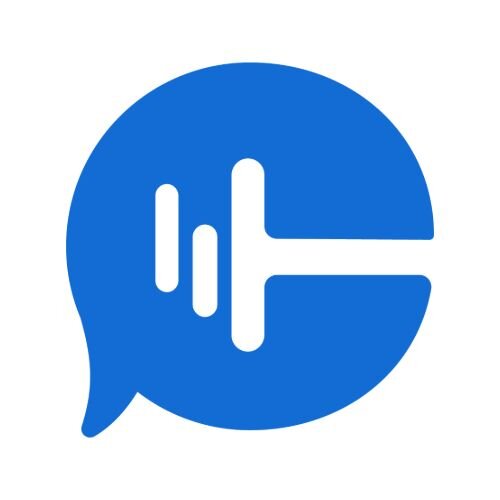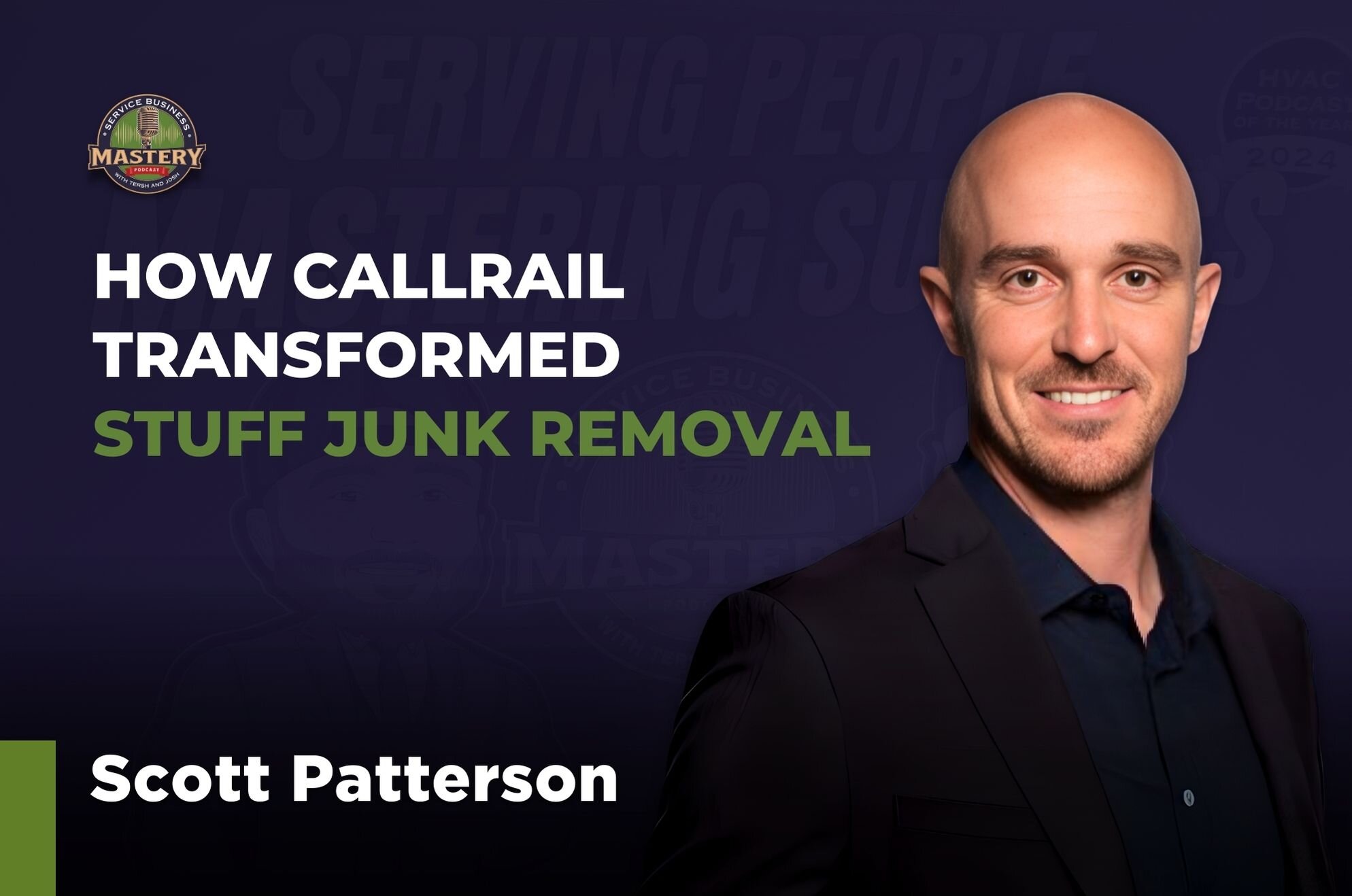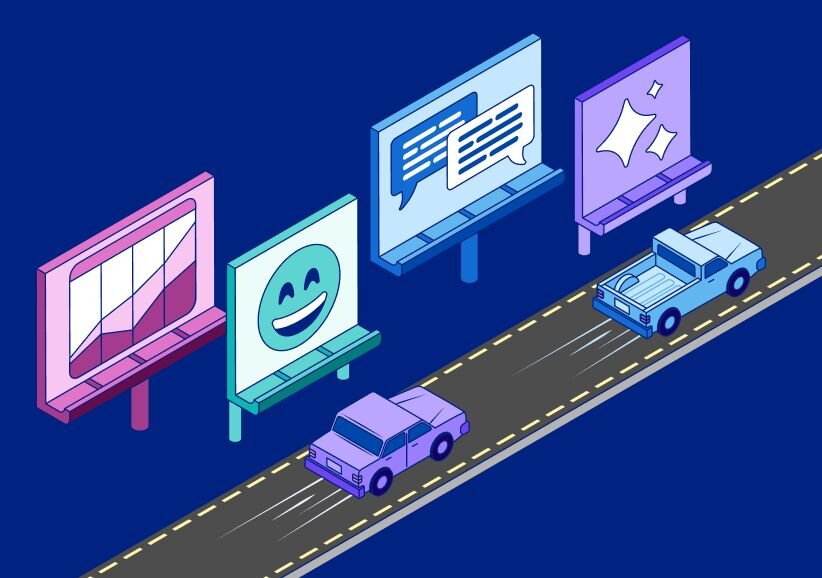Organizations spend tons of resources on marketing to grow their brands and increase sales. As such, it’s essential they find the appropriate mix of marketing techniques to help them achieve their goals. Consequently, many marketers face the challenge of choosing between interruption marketing vs permission marketing tactics. We’ll talk about each of these types of marketing and explain their specific pros and cons to help you get a better idea of which type of marketing would work best for your business. We will also give examples of permission marketing and interruption marketing.
What is Interruption Marketing?
Interruption marketing refers to any marketing activity that “interrupts” a viewer’s attention. Essentially, the goal of this type of marketing is to capture the attention of anyone and everyone to generate interest about your product or service. Some common forms include TV/radio advertisements, print advertising, email spam, direct mail and telemarketing.
Interruption Marketing Pros
- Quick results: Interruptive advertising offers quick results when you wish to increase sales volume.
Interruption Marketing Cons
- Annoyance: The typical consumer is bombarded with such a large number of marketing messages on a daily basis that it’s tough to pay attention to most of them. As such, most consumers find interruption marketing to be annoying and, consequently, simply ignore the messages.
- Lack of Target Audience: The goal of interruption marketing is to broadcast the message to “anyone and everyone” through various initiatives such as continued advertising, promotions, sales and public relations. As such, there is no personalization — the audience being targeted is very broad and not well-defined.
- Expensive: In many cases, companies that rely heavily on this type of marketing have to set aside huge budgets for their advertising campaigns.
- Expiry Date: Advertisements come with a “shelf life,” meaning individual campaigns have to run for a definite period of time. When this period expires, you have the option of starting over or launching new campaigns, making interruption marketing strategies somewhat tedious to maintain.
- Low ROI: Typically, the return on investment on advertising campaigns is rather low thanks to the huge amount of resources used during a limited time period.
While there are certainly a lot of downsides to interruption marketing, there are ways to make your tactics less annoying or abrasive to win more customers. For example, if you use pop-up ads on your website, make it easy for visitors to X out of these ads if they’re not interested in the offer. Similarly, it should be easy for customers to unsubscribe from unsolicited emails and direct mailings. Incorporating these practices will help retain customer trust and respect.
What is Permission Marketing?
Permission marketing, also know as permission based marketing, refers to any marketing activity where you receive the privilege or permission to deliver anticipated, personalized and relevant messages to customers. This is very different from interruptive advertising in that you have “real” permission to deliver your message, rather than legalistic or presumed permission to do so.For instance, obtaining a customer email address by any means doesn’t necessarily give you the right or permission to contact them — you need to make sure your customer has opted in to receive emails from you. Similarly, just because a customer doesn’t complain when you send unsolicited emails doesn’t mean they have given you permission to contact them. You need to gain actual permission from your customer in order to improve their trust and engagement with your brand.
Permission Marketing Pros
- Cost effectiveness: This type of marketing utilizes low-cost online tools and components such as social media, search engine optimization, and content to help you deliver your message. As such, you’re able to effectively lower your marketing costs.
- High conversion rates: Permission marketing is about engaging an audience that is already interested in your product or service. As such, it is much easier to convert your leads into sales.
- Personalization/Targeted traffic: Permission marketing allows you to run personalized campaigns targeting specific audiences depending on age, gender, geographical location etc., allowing you to effectively engage your customers.
- Build Long-term relationships: Using components such as social media and content gives you the ability to interact and build lasting relationships with your customers.
Permission Marketing Considers User Needs
- Slow results: Permission marketing campaigns usually take more time than interruption marketing to set up, run and achieve results.
Summary
Interruption marketing comes with many challenges thanks to the evolution of the modern consumer, as well as the numerous tools available that help consumers block out unwanted “interruptions.” Conversely, permission based marketing is a safer bet. If you invest your time in permission marketing campaigns, you’ll know for sure that your customers actually want to hear your message, making them more likely to do business with you now and in the future. It’s worth it to spend the time and resources growing your permission marketing campaigns to win and reach more customers.











